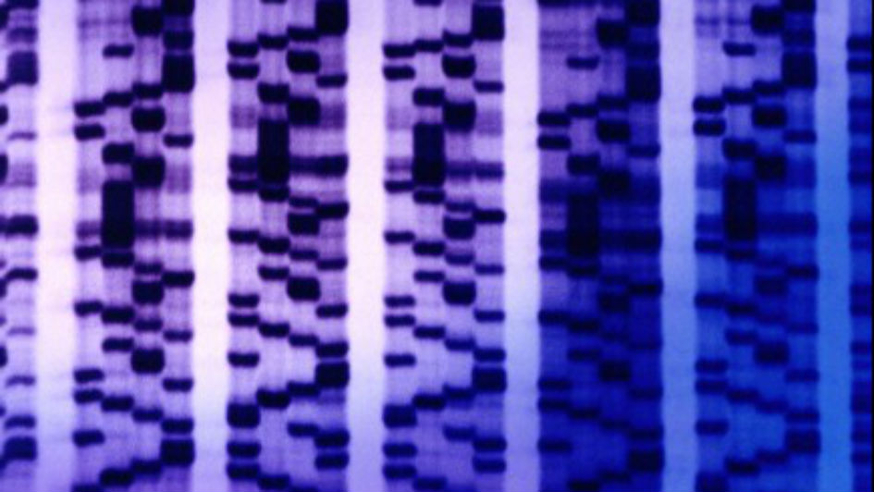
Scientists at the ICR revealed a ‘missing link’ in one of the most commonly activated signalling pathways in cancer.
They showed that PARK2, a gene found in a hereditary form of Parkinson’s disease, is inactivated in a third of all human cancers.
The study showed that loss of PARK2 can stimulate a crucial network of cancer-driving molecules in cells, called the PI3K/Akt pathway.
Our researchers found that this pathway can be ramped up in the stressful, energy-poor conditions often found inside tumours, through inactivation of a well-researched tumour suppressor gene called PTEN.
The team, led by Dr George Poulogiannis, analysed nearly 10,000 tumour samples from 28 different types of cancer, and found that PARK2 was significantly under-expressed across many tumour types.
In mice without working copies of PARK2, mutations to PTEN resulted in a much higher risk of developing tumours than mice with working copies and poorer survival outcomes.
Study leader Dr George Poulogiannis said:
“In the future, tests that look for mutations to the PARK2 gene may help to identify patients who have particularly aggressive forms of cancer that may respond to inhibitors of PI3K/Akt signalling.”
The study, funded in the UK by the ICR, was published in Molecular Cell and could help researchers understand how aggressive cancer cells can survive and proliferate in low energy conditions.